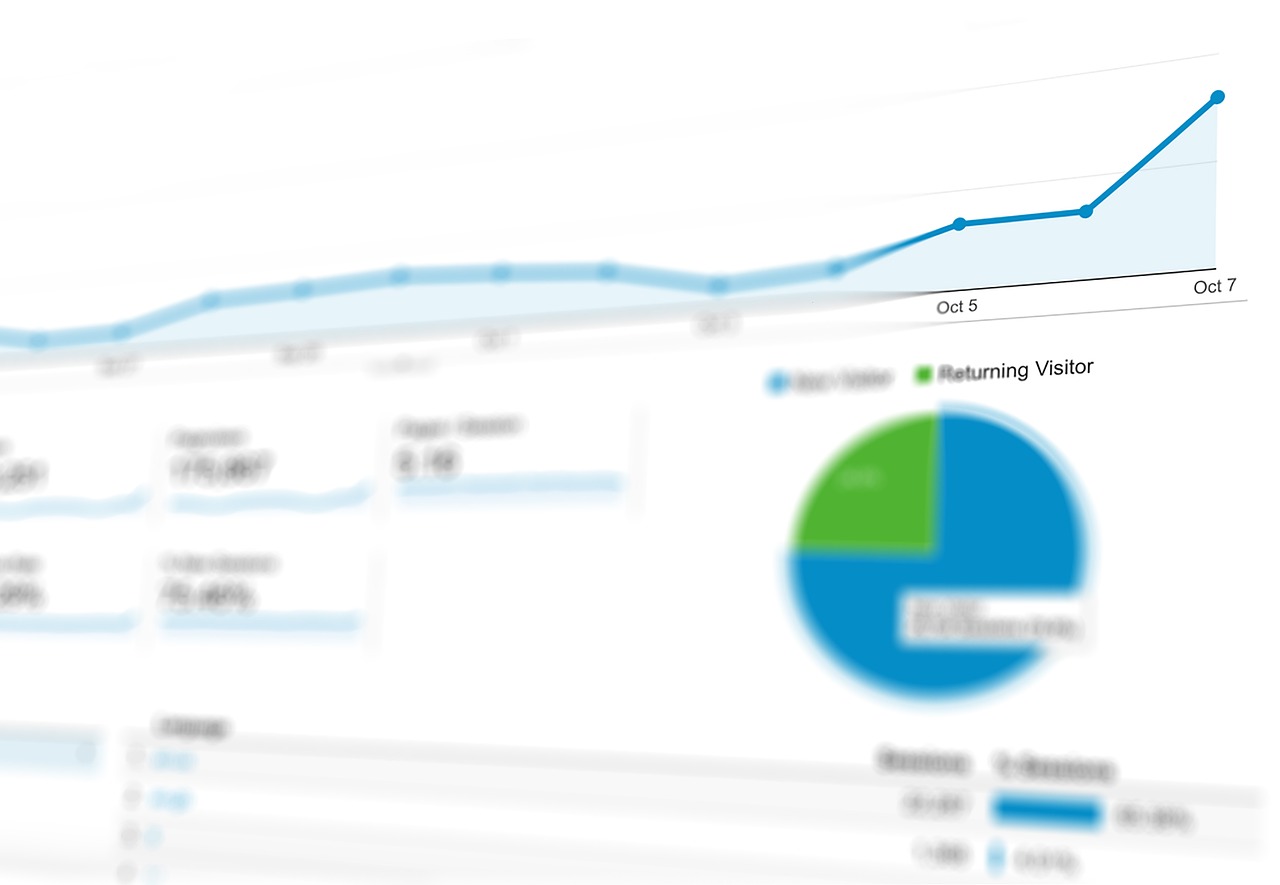AI is revolutionizing the way eCommerce businesses operate, particularly in the realm of marketing. From personalized product recommendations to automated customer service, Artificial Intelligence is empowering online retailers to deliver exceptional customer experiences, optimize marketing campaigns, and ultimately, drive sales. This blog post will delve into the various applications of AI in eCommerce marketing, providing insights and practical examples to help you harness its power for your business.
The Rise of AI-Powered Personalization in eCommerce
Enhanced Customer Experience Through Personalization
Personalization is no longer a luxury; it’s an expectation. AI enables eCommerce businesses to understand customer preferences and behaviors at a granular level, allowing them to tailor every interaction for maximum impact.
- Product Recommendations: AI algorithms analyze browsing history, purchase data, and demographics to suggest products that customers are likely to buy. Example: Amazon’s “Frequently Bought Together” section.
- Personalized Content: Tailoring website content, email campaigns, and even ad creatives based on individual customer interests. Example: Netflix’s personalized movie recommendations.
- Dynamic Pricing: Adjusting prices in real-time based on demand, competitor pricing, and customer behavior. This can lead to increased revenue and optimized inventory management. Example: Airlines and hotels use dynamic pricing extensively.
Data-Driven Insights for Improved Targeting
AI algorithms can sift through massive datasets to uncover hidden patterns and insights that would be impossible for humans to identify manually.
- Customer Segmentation: AI can create highly specific customer segments based on various factors, allowing for more targeted marketing campaigns.
- Predictive Analytics: Predicting future customer behavior, such as churn risk or purchase intent, enabling proactive interventions. Example: Identifying customers likely to abandon their carts and sending them personalized offers.
- Fraud Detection: AI can identify fraudulent transactions in real-time, protecting businesses and customers from financial losses.
AI-Driven Automation for Efficient Marketing Campaigns
Automating Repetitive Tasks
AI-powered automation frees up marketing teams to focus on more strategic initiatives by handling mundane and repetitive tasks.
- Email Marketing Automation: AI can automate email campaigns based on triggers, such as abandoned carts, new product releases, or special offers.
- Social Media Management: Scheduling posts, monitoring brand mentions, and engaging with customers on social media platforms can be automated using AI-powered tools.
- Chatbots and Virtual Assistants: Providing instant customer support, answering frequently asked questions, and even processing orders, freeing up human agents to handle more complex issues. Example: Many eCommerce websites now feature chatbots to address customer inquiries 24/7.
Optimizing Ad Spend with AI
AI can optimize ad campaigns in real-time, ensuring that your marketing budget is spent effectively.
- Automated Bidding: AI algorithms can automatically adjust bids based on performance data, maximizing ROI and minimizing wasted ad spend.
- Ad Creative Optimization: AI can analyze ad creative performance and automatically generate variations that are more likely to convert. Example: Using AI to A/B test different ad headlines and images.
- Targeted Advertising: Reaching the right audience with the right message at the right time through AI-powered targeting.
Enhancing Customer Service with AI
AI-Powered Chatbots for Instant Support
Chatbots are becoming increasingly sophisticated, capable of handling a wide range of customer inquiries and providing instant support.
- 24/7 Availability: Chatbots can provide customer support around the clock, improving customer satisfaction and reducing response times.
- Personalized Responses: AI-powered chatbots can personalize responses based on customer data and past interactions.
- Seamless Handoff to Human Agents: Chatbots can seamlessly transfer complex issues to human agents, ensuring that customers always receive the support they need.
Sentiment Analysis for Improved Customer Understanding
AI can analyze customer feedback, social media posts, and other data sources to understand customer sentiment and identify areas for improvement.
- Identifying Pain Points: AI can identify common customer pain points, allowing businesses to address them proactively.
- Monitoring Brand Reputation: Tracking brand mentions and sentiment across social media platforms to identify potential PR crises.
- Improving Customer Satisfaction: Using sentiment analysis to understand what customers like and dislike, allowing businesses to make data-driven improvements to their products and services.
Content Creation and SEO Optimization using AI
Generating High-Quality Product Descriptions
Creating engaging and informative product descriptions can be time-consuming. AI can assist with this process, ensuring that your product pages are optimized for search engines and resonate with customers.
- Automated Description Generation: AI can generate product descriptions based on product attributes and keywords.
- Keyword Optimization: AI can identify relevant keywords and incorporate them into product descriptions to improve search engine rankings.
- Enhanced Creativity: AI can generate unique and engaging content that differentiates your products from the competition.
Improving SEO Rankings with AI
AI can analyze website data and identify areas for improvement, helping you to improve your search engine rankings and drive more organic traffic.
- Keyword Research: AI can identify high-value keywords that are relevant to your business.
- Content Optimization: AI can analyze website content and suggest improvements to optimize it for search engines.
- Link Building: AI can identify potential link building opportunities and automate the outreach process.
Conclusion
AI is transforming eCommerce marketing by enabling personalization at scale, automating repetitive tasks, enhancing customer service, and optimizing content creation and SEO. By embracing AI, eCommerce businesses can improve customer experiences, drive sales, and gain a competitive edge in today’s rapidly evolving market. The key takeaway is to start experimenting with different AI-powered tools and strategies to identify what works best for your business and your customers. Don’t be afraid to explore and adapt as the technology continues to evolve.




